Being polite and courteous doesn’t hurt until you go a little too far and become outright annoying. These well-intentioned habits can inadvertently cause frustration to other shoppers. It’s important to understand these nuances so you can foster a more pleasant shopping experience and also enhance efficiency for everyone involved.
Here are 15 common practices that might seem polite but are not really appreciated:
Bagging Your Own Groceries
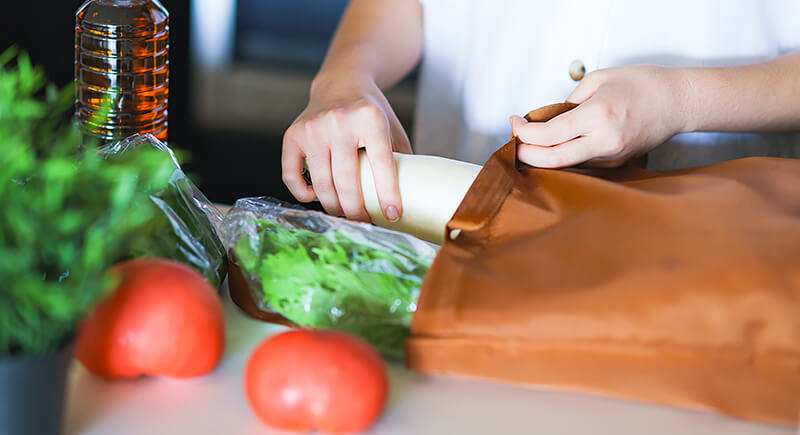
Unless the store requires you to do this job by yourself and there are no trained baggers around, bagging your own groceries can disrupt the cashier’s workflow and cause delays. The trained professionals have efficient systems to ensure a swift checkout process. Allowing them to handle the bagging maintains this efficiency.
Returning Perishable Items to Incorrect Locations
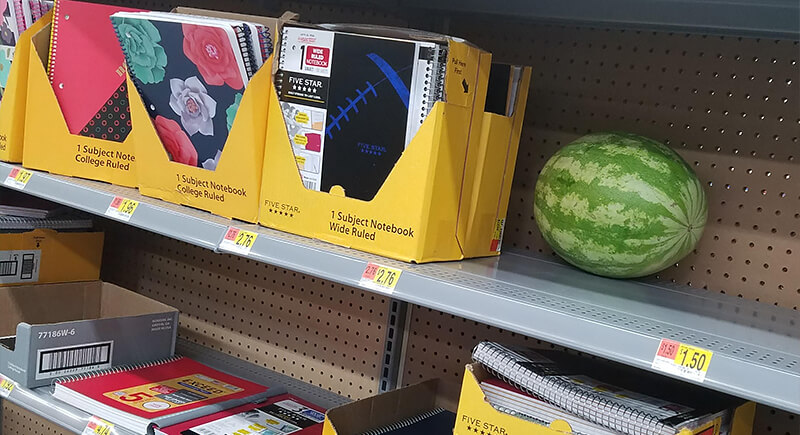
Deciding against a perishable item and placing it on a random shelf can result in spoilage and increased waste. Such actions contribute to significant food waste annually. Instead, hand the item to a store employee or return it to its proper refrigerated section to ensure it remains safe for others to purchase.
Engaging Cashiers in Lengthy Conversations
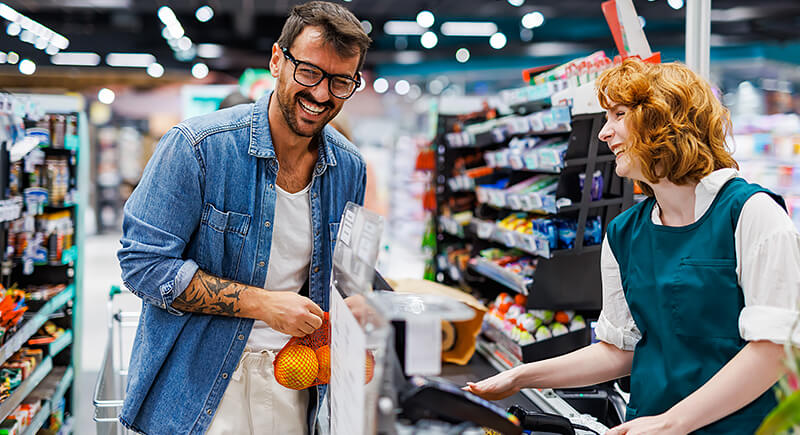
While friendliness is appreciated, extended personal conversations with cashiers can hold up the line and cause inconvenience to other shoppers. Keeping interactions brief and courteous allows for prompt service and ensures a pleasant experience for everyone waiting.
Handing Items Directly to the Cashier
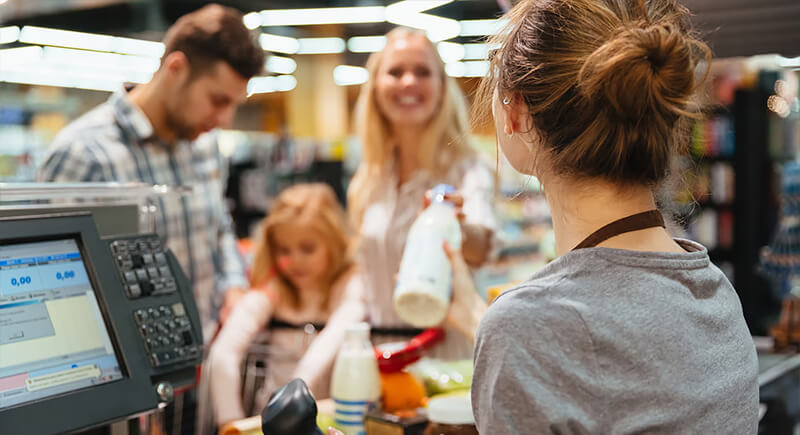
Attempting to assist by handing items one by one to the cashier can interrupt their scanning process. Simply place the items on the conveyor belt for a smoother workflow. This allows cashiers to scan efficiently and keep lines moving.
Identifying Produce for the Cashier
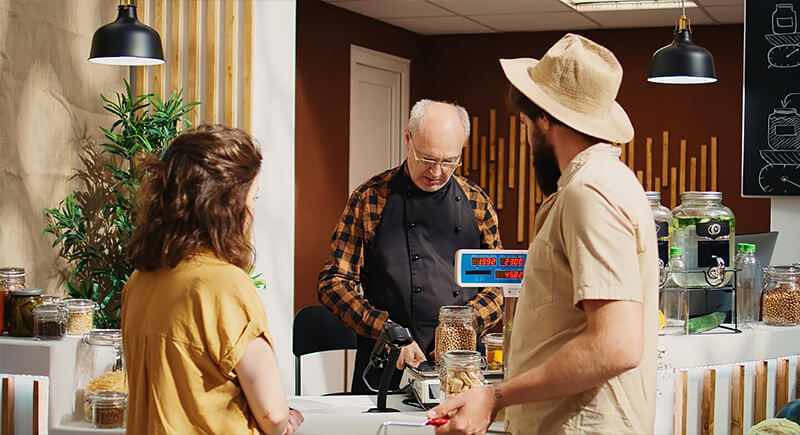
Some cashiers may also have a problem with you announcing produce names out loud. And even though you’re only trying to help, the noise can cause distractions. Cashiers are trained to recognize items or can look up codes as needed, while your help might only delay the process.
Commenting on Others’ Purchases
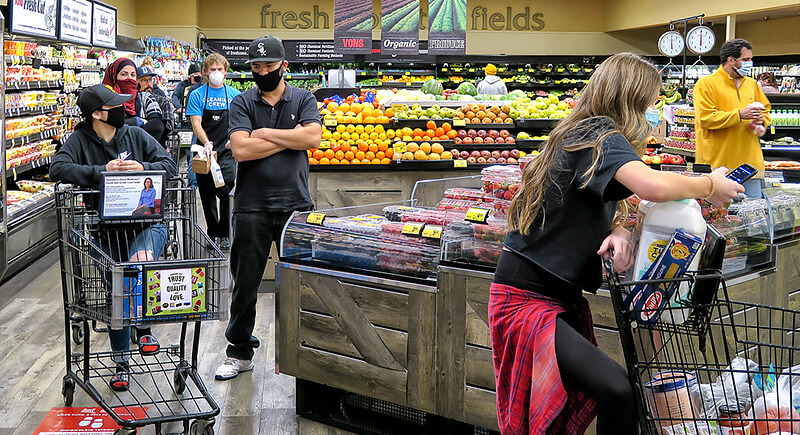
Making remarks about another shopper’s cart contents is like invading others’ personal space and privacy. Even if you’re only looking or observing in a friendly way or trying to recall something you may have forgotten, it’s best to keep such observations to yourself. This helps avoid awkward situations.
Abandoning Carts Randomly
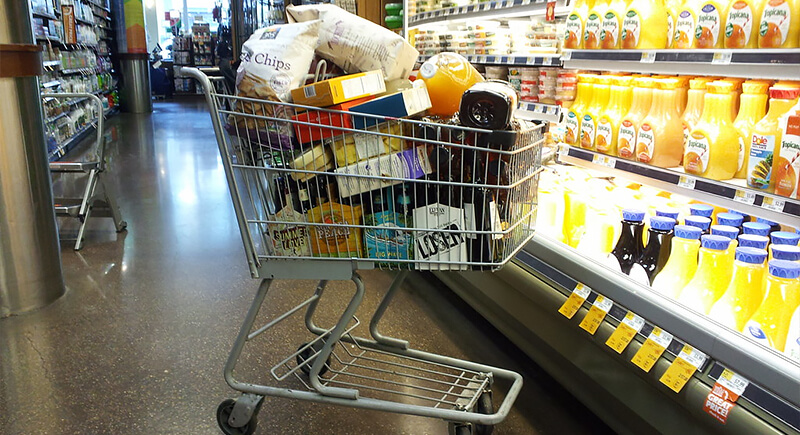
Some shoppers intentionally leave carts in aisles for others who may need one but didn’t get one earlier. Unfortunately, it isn’t perceived in the same way. Carts in parking spaces or walkways can obstruct traffic and pose hazards. If you really want to come out as friendly and polite, consider returning carts to designated areas and show respect for other shoppers and store staff.
Consuming Products Before Purchase
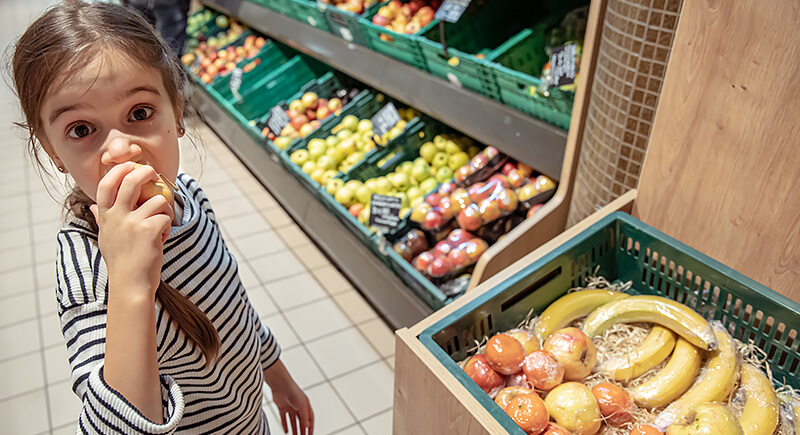
Eating items before paying, even with the intention to pay later, is generally frowned upon. It can lead to hygiene concerns and inventory issues. Waiting until after purchase is a respectful approach, and it also helps maintain store policies and cleanliness.
Allowing Children to Roam Unsupervised

Parents might believe that allowing their children to explore fosters independence and keeps them entertained. However, unsupervised children can cause accidents or disturbances and make the shopping experience stressful for other customers and staff. Ensuring children remain close maintains safety and a pleasant environment for everyone.
Leaving Checkout to Retrieve Forgotten Items
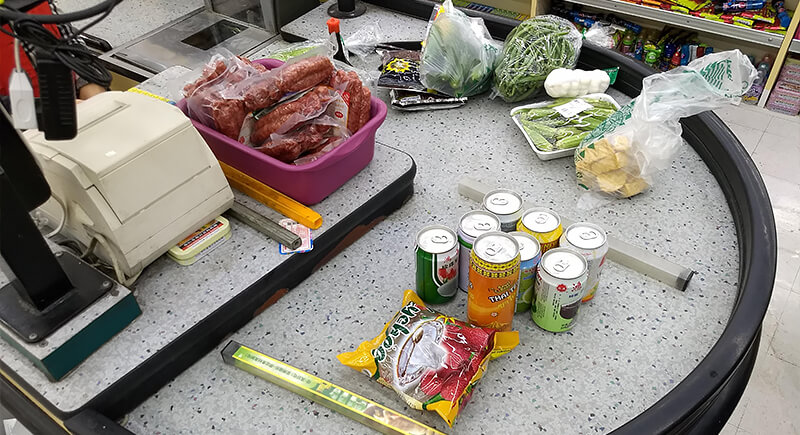
It is not acceptable to assume others won’t mind a short delay if you just quickly grab a forgotten item. Departing the checkout line to grab additional products holds up the queue, which is extremely annoying and inconvenient for others. Completing the current transaction and then making a separate trip for forgotten items is more considerate.
Sampling Unpurchased Bulk Items
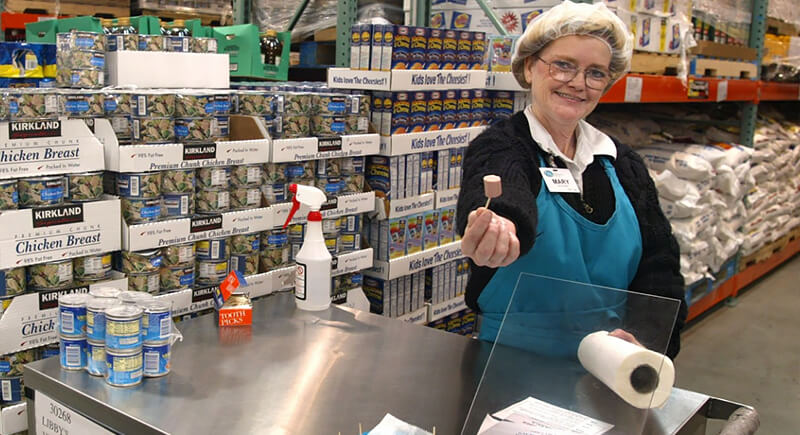
Some customers prefer sampling because they feel tasting items before buying ensures satisfaction and prevents future returns. However, it is unsanitary and considered theft. If you really want to taste something before you buy, seeking assistance from staff for authorized samples is a better approach.
Misplacing Unwanted Items
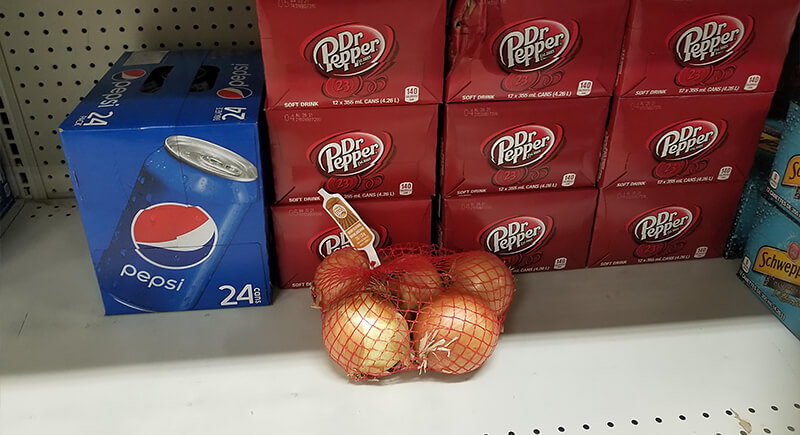
Leaving unwanted items on nearby shelves thinking it will be helpful for the staff to return them to their proper places is not appreciated. In fact, it creates extra work for employees. Returning them to their original location or handing them to an employee is more considerate.
Neglecting to Bring Reusable Bags
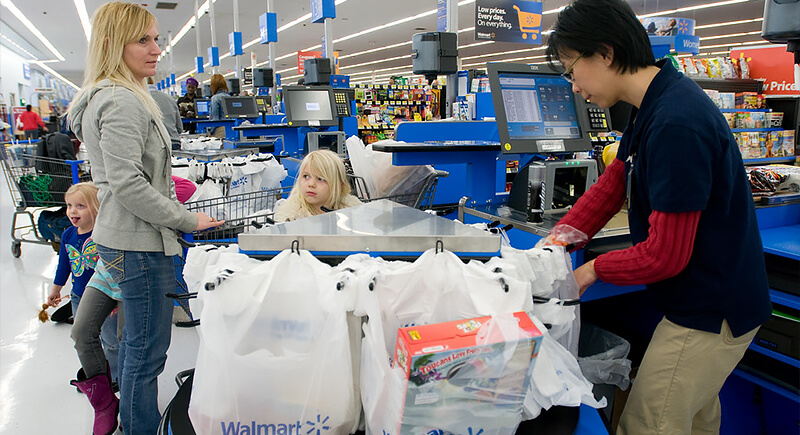
Forgetting reusable bags and then requesting multiple plastic ones might seem convenient and harmless at the moment. However, this contributes to environmental waste and contradicts eco-friendly practices. Keeping reusable bags handy supports eco-friendly practices and aligns with many stores’ sustainability efforts.
Handling Produce Excessively
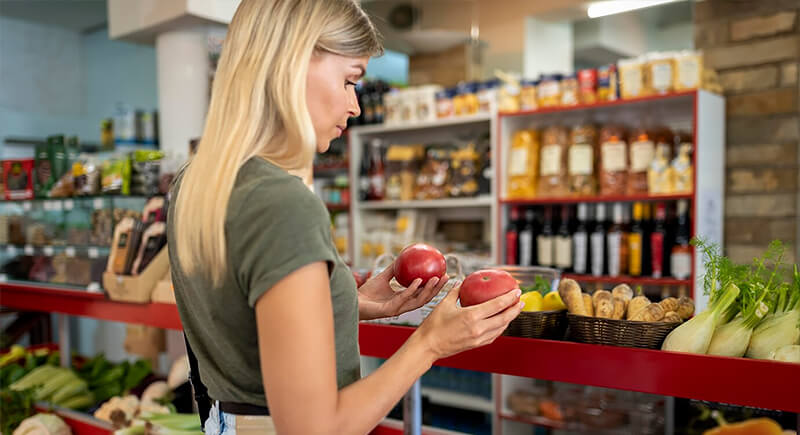
Some people assume it is their right as consumers to select the best-quality produce by thoroughly inspecting it. While it’s important to check the freshness of fruits and vegetables, squeezing or touching multiple items can lead to bruising and spoilage and ruin their quality for other customers.
Handing Over Your Emptied Basket to Other People
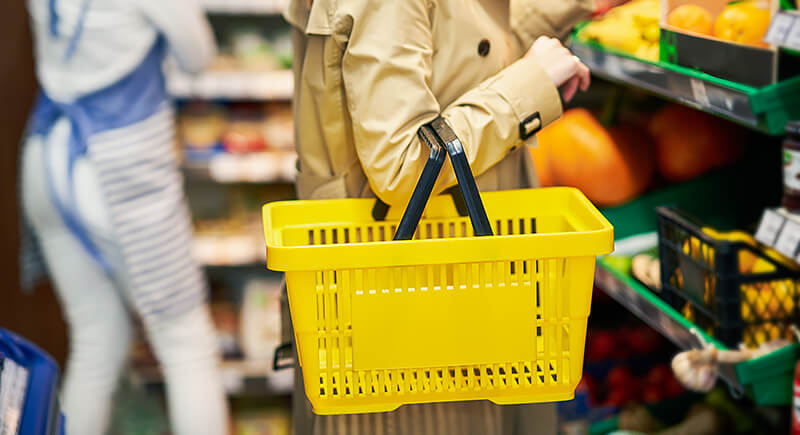
Offering your empty basket to another shopper might seem courteous, but it can cause discomfort or hygiene concerns. Not everyone appreciates receiving a basket directly from someone else. To maintain a pleasant environment, it’s best to return your basket to the designated area and make sure it’s clean and ready for the next user.